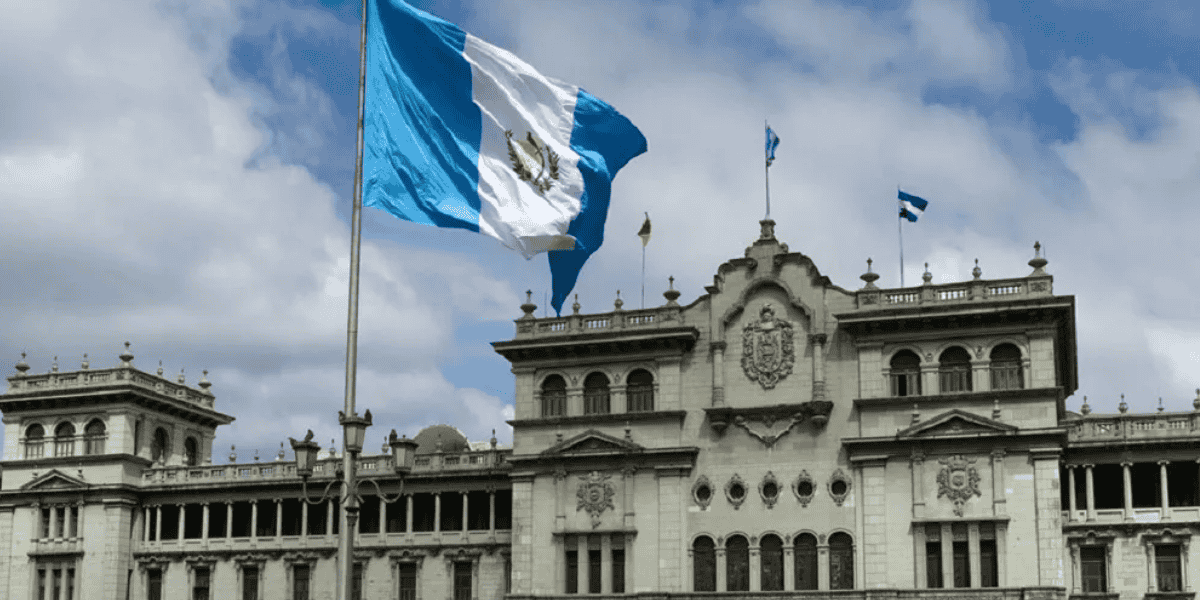Guatemala’s Congress has passed Decree 31-2024, which includes “The Law for the Integration of the Primary and Agricultural Sector,” on 19 November 2024.
This proposal shall establish two streamlined special tax regimes: The production and marketing of agricultural products and handicrafts produced in Guatemala, which is abbreviated as the Primary Regime, and the production and marketing of products from the livestock, hydrobiological, and beekeeping sectors will be called the Livestock Regime.
It is designed for Guatemalan producers, whether they sell their goods domestically or export them internationally.
The legislation will be effective four months after publication in the official gazette, with implementation regulations issued by the Ministry of Public Finance before the effective date.
Primary regime
The primary regime oversees the production and sale of Guatemalan goods for supermarkets, local markets, and collection centers for small producers.
This regime applies to individuals or legal entities whose gross sales are at most 3,500 monthly minimum wages for the non-agricultural sector, excluding the incentive bonus, within the fiscal period from 1 January to 31 December of each year.
The tax rate for taxpayers in the primary regime is 1.5% of gross sales and 2% for exporters. The tax period is monthly, with returns due the following calendar month.
Livestock and hydrobiological regime
The livestock regime covers producing and marketing products from the livestock, hydrobiological, and beekeeping sectors intended for sale in supermarkets, cantonal and municipal markets, and collection centers. Bovine products are included in the livestock sector.
Under this regime, taxpayers will pay a 1.5% tax on their gross sales, whether inside or outside the farm or production areas. This is except for bovine production intermediaries in the livestock sector, who will pay 10% of their profits.
The exporters of products defined in this law as livestock, hydrobiological, and beekeeping will pay 2% of their gross sales.
All livestock producers derived from pig and poultry farming and industrial fishing are excluded from payment because they are currently regulated by the Value Added Tax (VAT).













